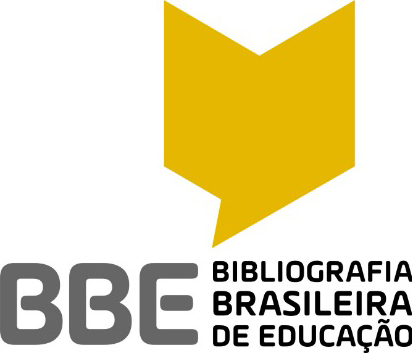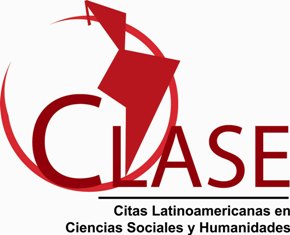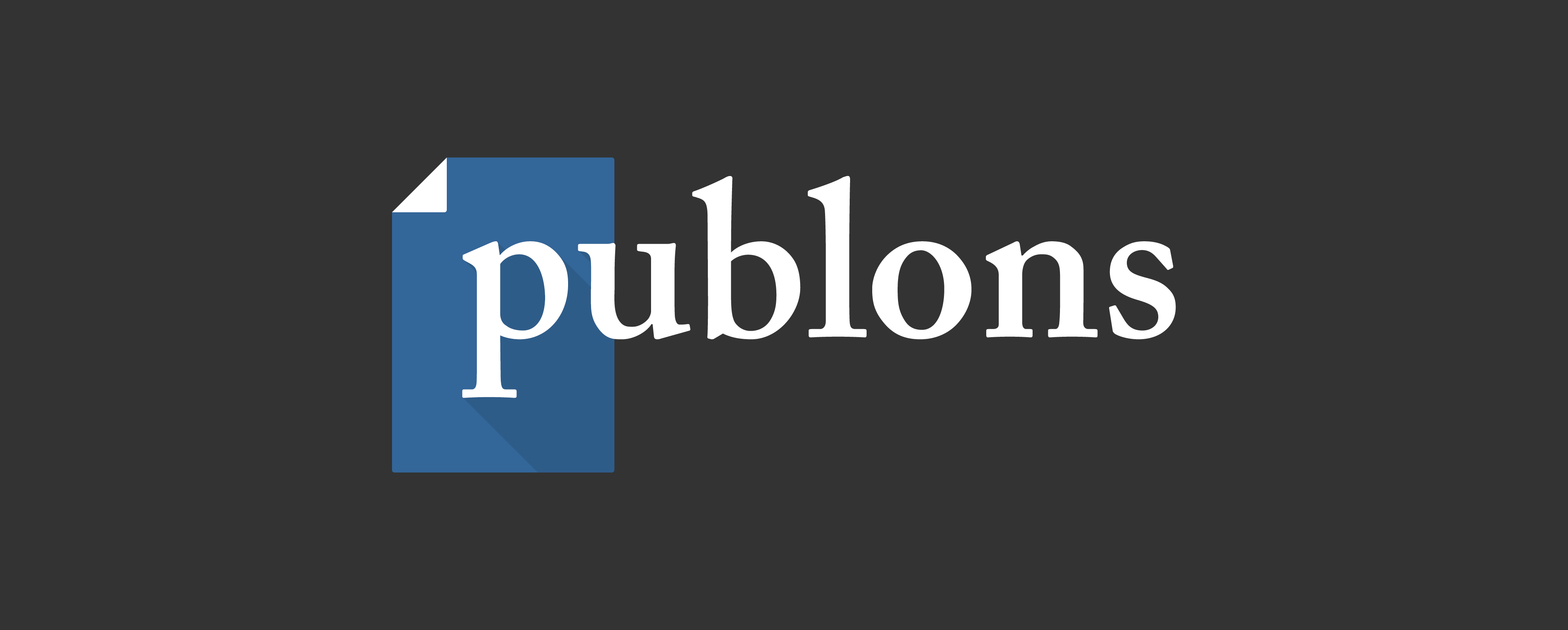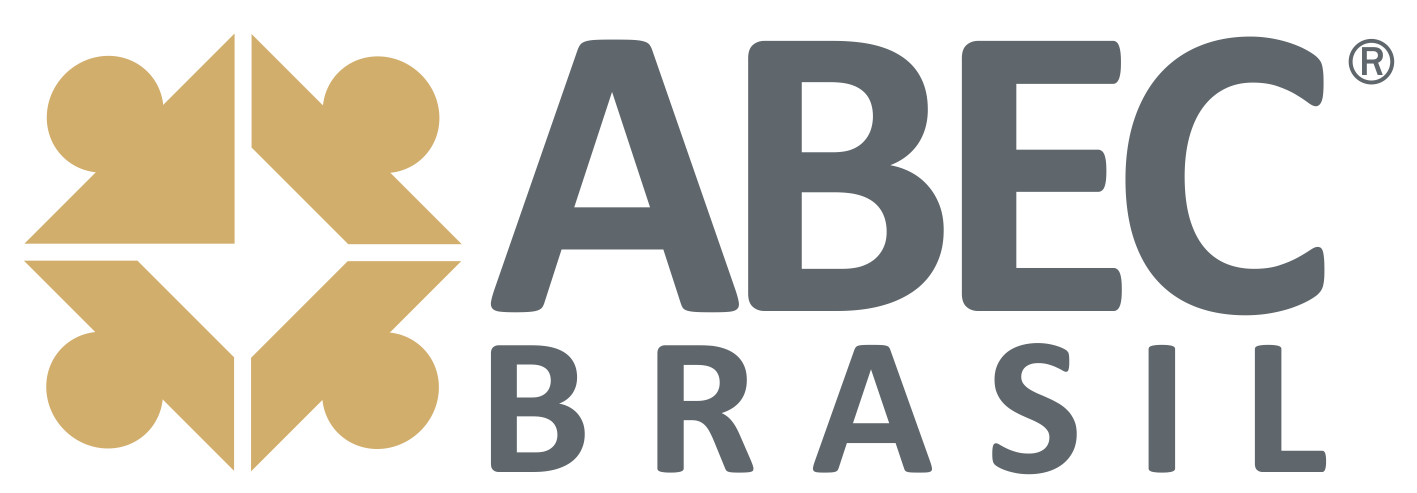Calidad de la educación básica y lecciones aprendidas en una escuela pública de Minas Gerais
DOI:
https://doi.org/10.22169/revint.v16i38.2180Resumen
RESUMEN
El principal indicador de Brasil para evaluar la educación básica es el IDEB (Índice de Desarrollo de la Educación Básica). El IDEB tiene como objetivo evaluar el rendimiento escolar de los estudiantes, verificar la calidad de la educación en Brasil y orientar las políticas educativas. Sin embargo, el país es de tamaño continental y tiene realidades sociales muy diferentes en todo su territorio, lo que hace dudar de que el IDEB sea capaz de evaluar adecuadamente todas las realidades nacionales. Así, el objetivo de este estudio fue analizar los resultados y objetivos presentados por el IDEB en relación con la realidad de las escuelas con alumnos predominantemente de clases sociales vulnerables. Para alcanzar el objetivo propuesto, se adoptó un enfoque cualitativo y cuantitativo. Los datos cualitativos se recogieron mediante entrevistas semiestructuradas y se analizaron mediante la técnica de análisis de contenido y análisis léxico. Los datos cuantitativos se analizaron mediante estadísticas descriptivas y análisis de conglomerados de fuentes secundarias. Nuestros análisis sugieren que la estructura familiar y los bajos ingresos familiares son elementos que influyen negativamente en el rendimiento escolar. Por otro lado, las asociaciones entre instituciones educativas que operan en zonas de familias socialmente vulnerables y las iniciativas de organismos no gubernamentales o empresas privadas para ayudar a la educación básica pueden ser alternativas para mejorar la gestión escolar. Además, observamos que en las instituciones educativas con alumnos predominantemente de clases sociales vulnerables, hay una resistencia considerable a las evaluaciones externas, como el IDEB, y son necesarias prácticas diferenciadas para animar a estos alumnos a
realizar las evaluaciones. Por último, creemos que la evaluación del IDEB tiene dificultades para medir adecuadamente la educación en Brasil.
Palabras-clave: Escuela primaria. Escuela secundaria. Escolarización. Índice de desarrollo de la educación básica.
Descargas
Descargas
Publicado
Cómo citar
Número
Sección
Licencia
Os direitos autorais dos artigos publicados na Revista são de acordo com a licença CC-BY-ND - Creative Commons ( https://creativecommons.org/licenses/by-nd/4.0/legalcode)
Esta licença permite que outras pessoas reutilizem o trabalho para qualquer finalidade, inclusive comercialmente; no entanto, não pode ser compartilhado com outras pessoas de forma adaptada e o crédito deve ser fornecido ao autor.
Os direitos autorais dos artigos publicados na Revista são do autor, com os direitos de primeira publicação para a Revista





























